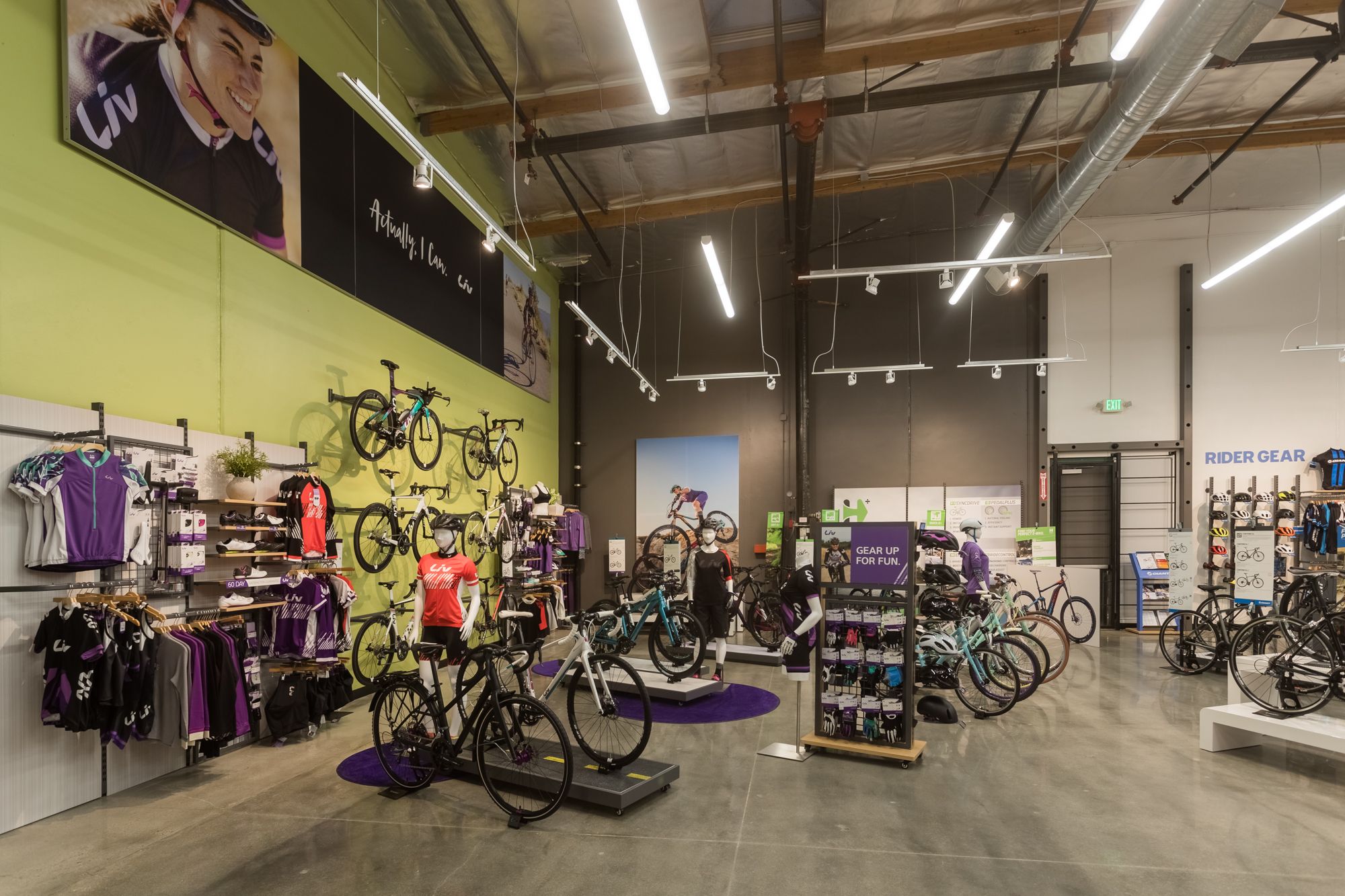Most retail lease negotiations will involve a conversation about tenant improvements or customizations. Naturally, who is funding any necessary retail tenant improvements will be one topic of discussion. The outcome of this discussion is usually the landlord provides a tenant improvement allowance as a way to entice the tenant into signing. However, it’s not always a given that this allowance will fully cover the entire cost of the retail renovations. It’s not uncommon for both the landlord and tenant to put money on the table for upgrades or retail build-outs. In this post, we’re going to take a look at how each views the process of retail tenant improvements.
How a Tenant Sees Retail Tenant Improvements
In the retail realm, the top priority for most tenants is getting their store open for customers. They’re simultaneously addressing staffing and stocking their store while their retail space is being built-out. While they understand it’s paramount for contractors to stay on-time and on-budget with renovations, their attention is also severely compromised. They’re working hard to get everything else in place for when they open their doors to customers. This attention deficit can prove to be costly.
To ensure everything goes according to plan, a tenant needs to stay engaged in a retail tenant improvement project from beginning to end. Even if the landlord or the chosen contractor is supervising the actual construction, there must be daily communication between them and the tenant. There should also be regular walk throughs if and whenever possible.
Once improvements have been completed, the tenant needs to thoroughly walk through the space with the contractor and landlord to ensure all work has been completed to their satisfaction.
How a Landlord Sees Retail Tenant Improvements
The tenant improvement allowance is the landlord making an upfront cash commitment to the tenant. Therefore, they too have a vested interested in getting the space primed for the tenant’s opening.
This is why many commercial property owners, property managers, or landlords will carefully scrutinize a tenant’s credit history, finances, background/experience, and business plan. They want to ensure that any front-end investment made will bring the enduring value that only a successful, dependable, rent-paying tenant can.
The sooner the tenant’s store starts making money, the sooner the landlord recovers their cash investment and begins generating month-to-month rental income for the duration of the lease.
Commercial property owners love to lock in long-term tenants. Especially after they’ve invested a considerable amount of money to customize the space to one specific tenant’s needs.
A tenant lucks out if they meet a retail landlord or property manager that looks at the TI allowance and improvement/upgrade process as a means to impress and establish a long-term tenant/landlord relationship. This type of landlord typically does whatever it takes to get renovations completed in a timely manner per specifications. They want the tenant to move in and get their business up and running as smoothly as possible with the hope of them signing a longer-term lease.

